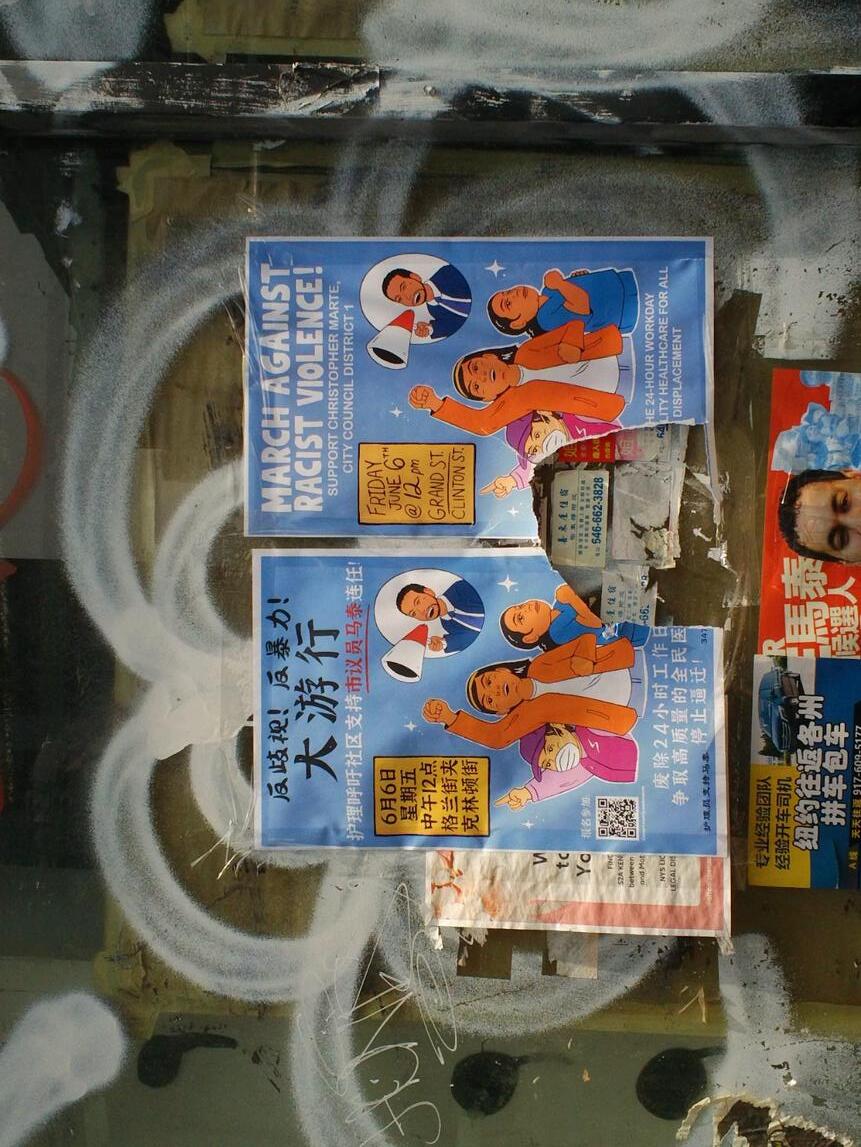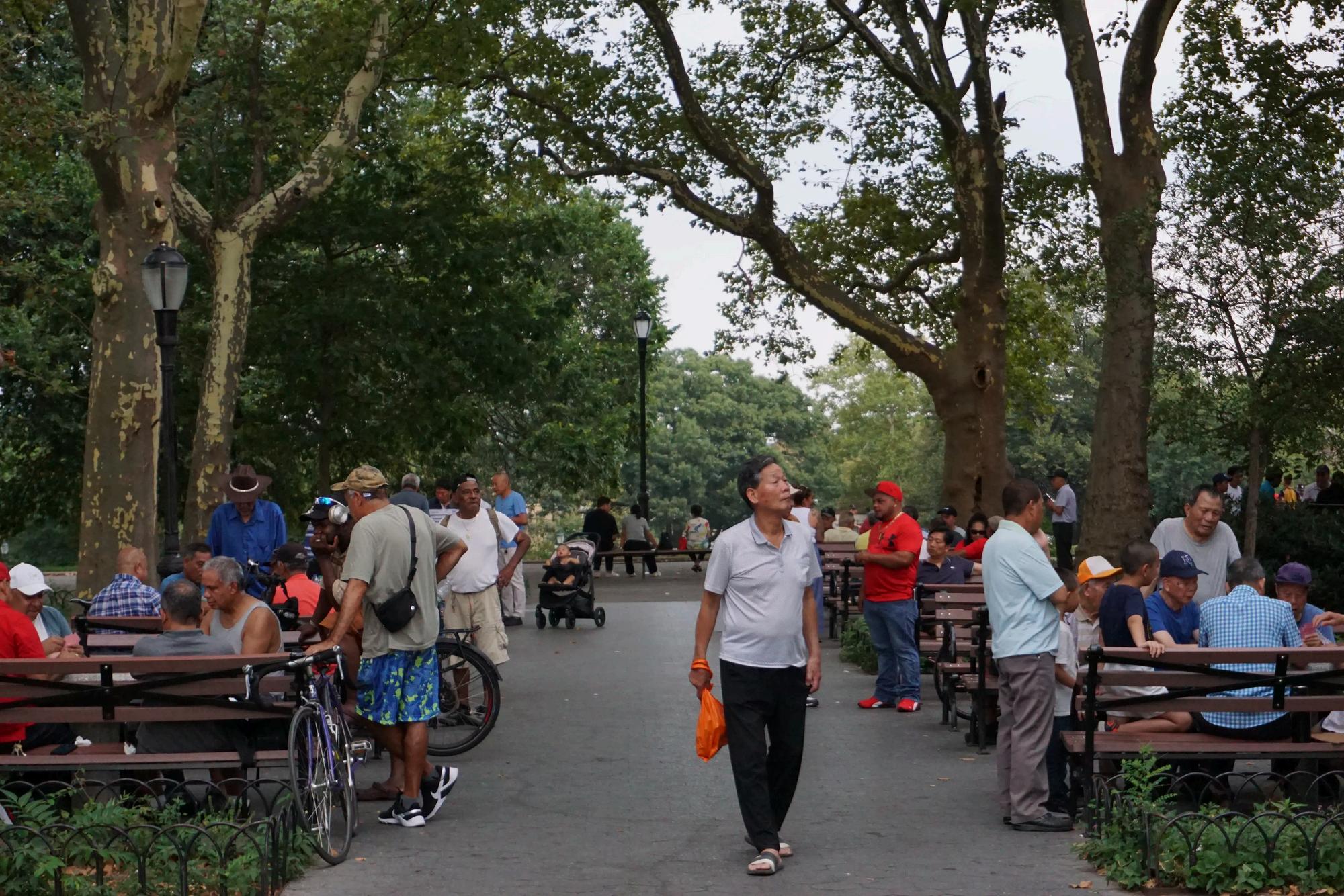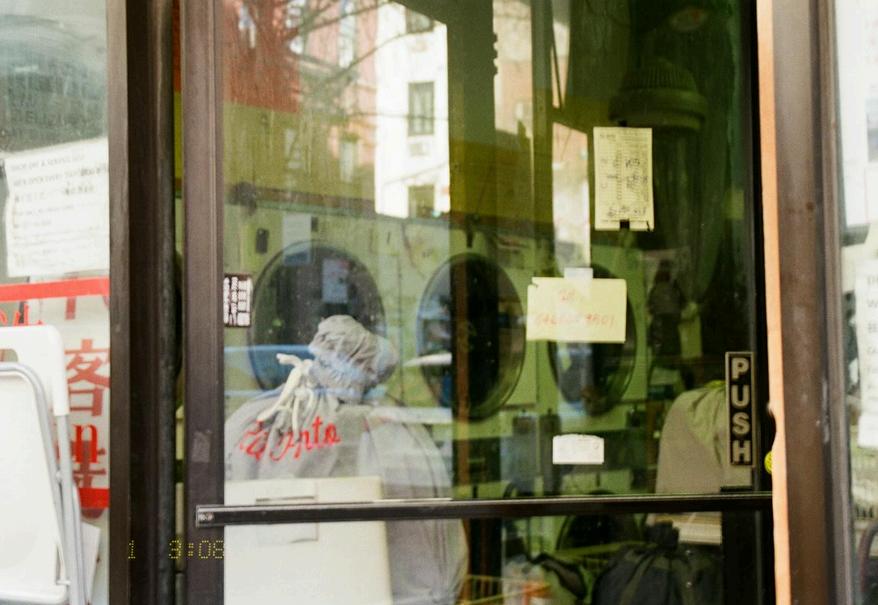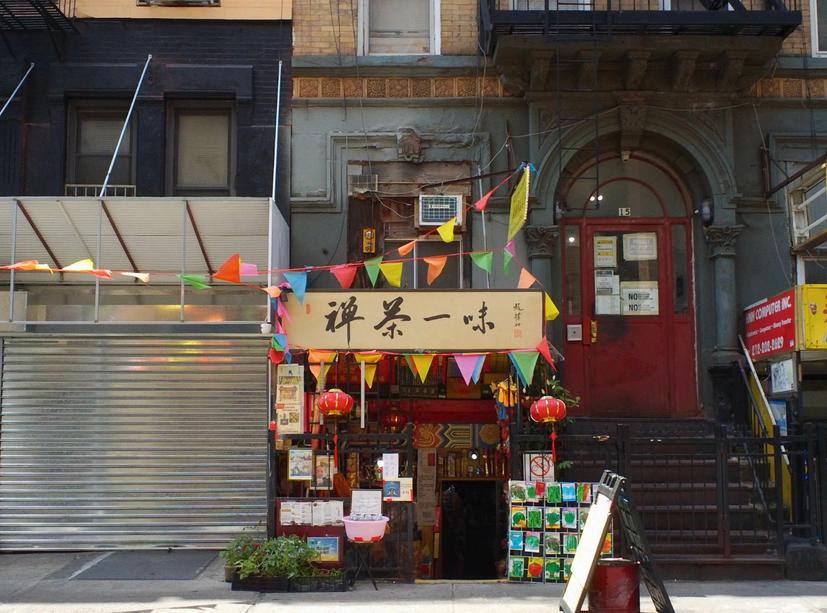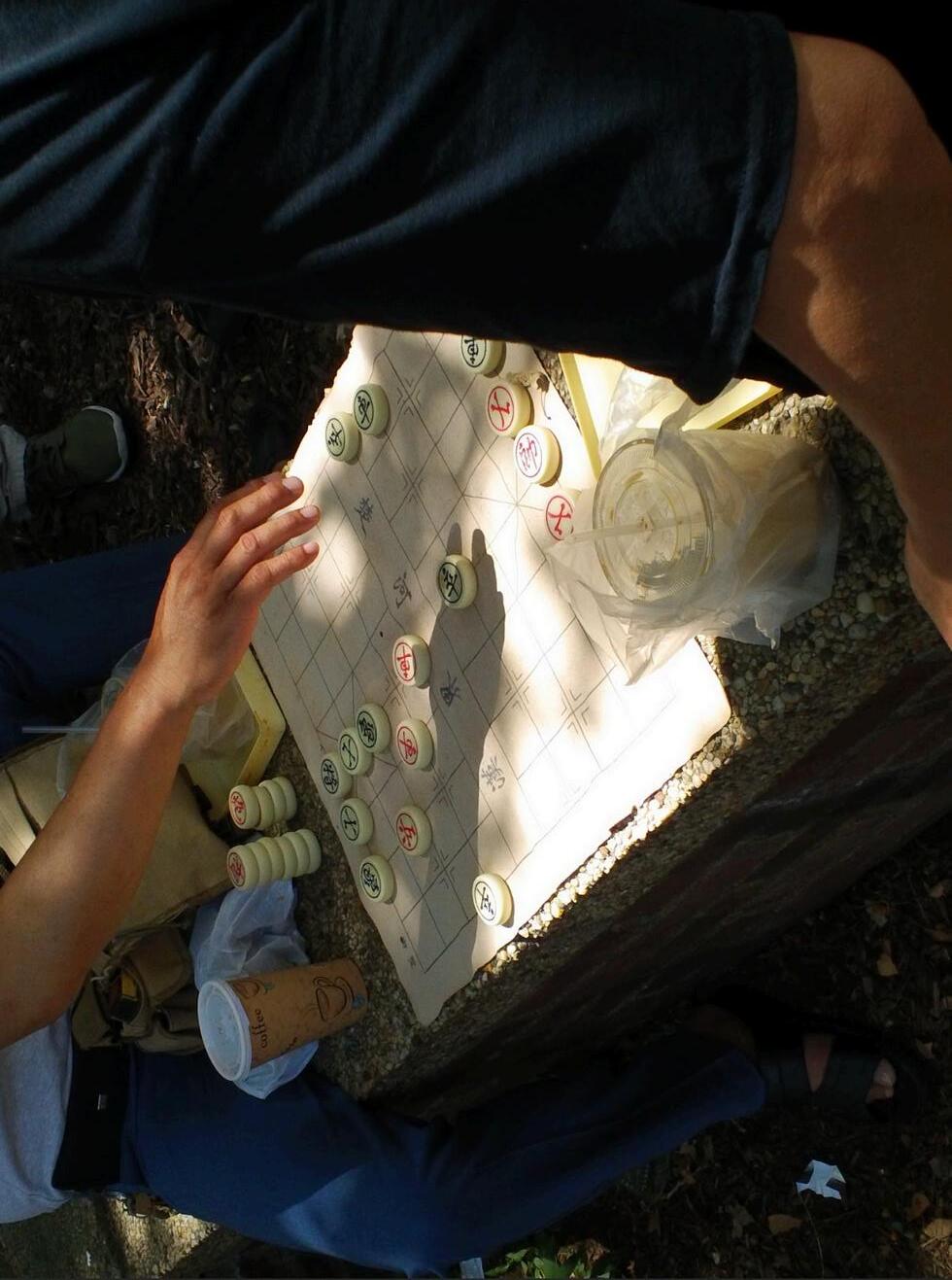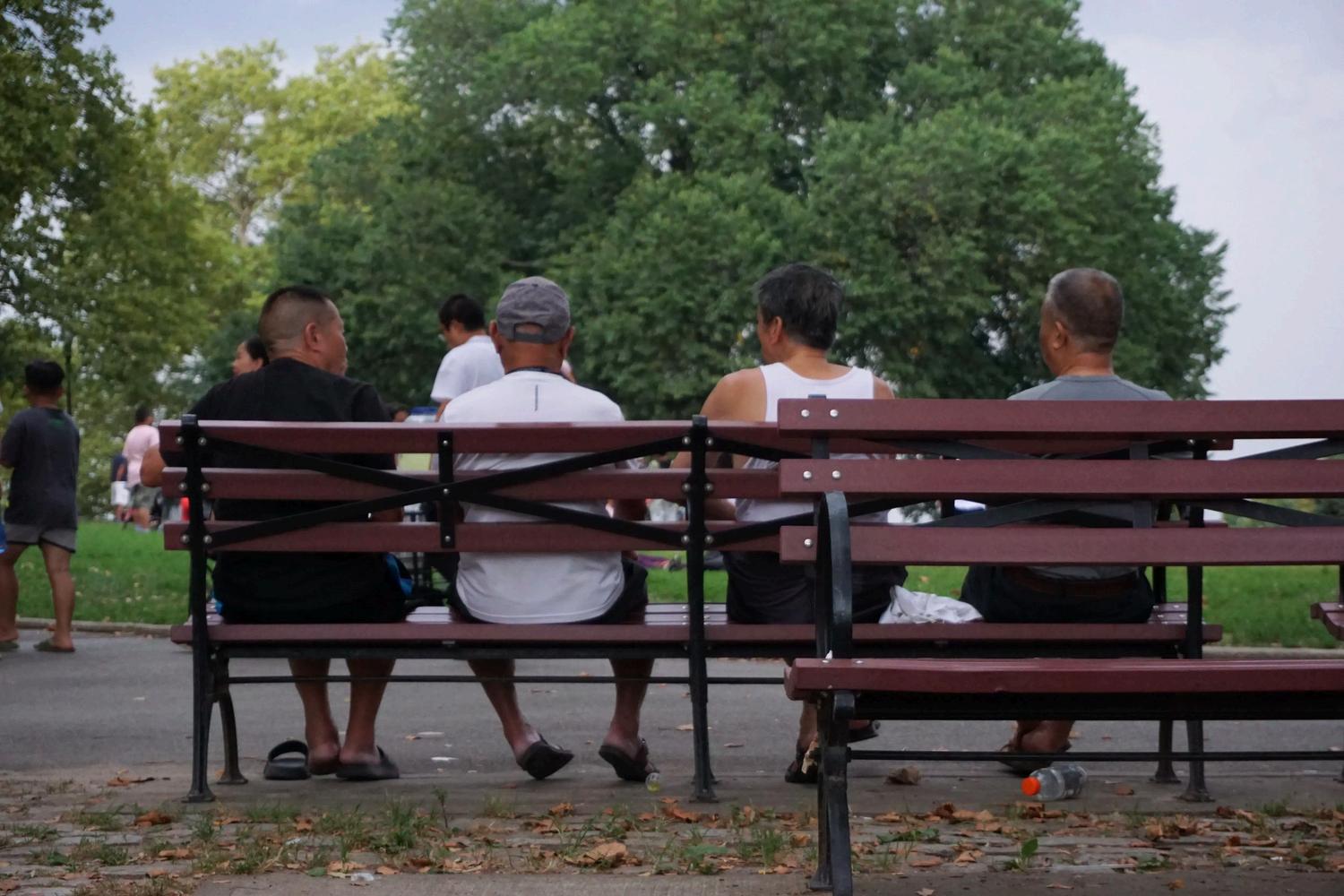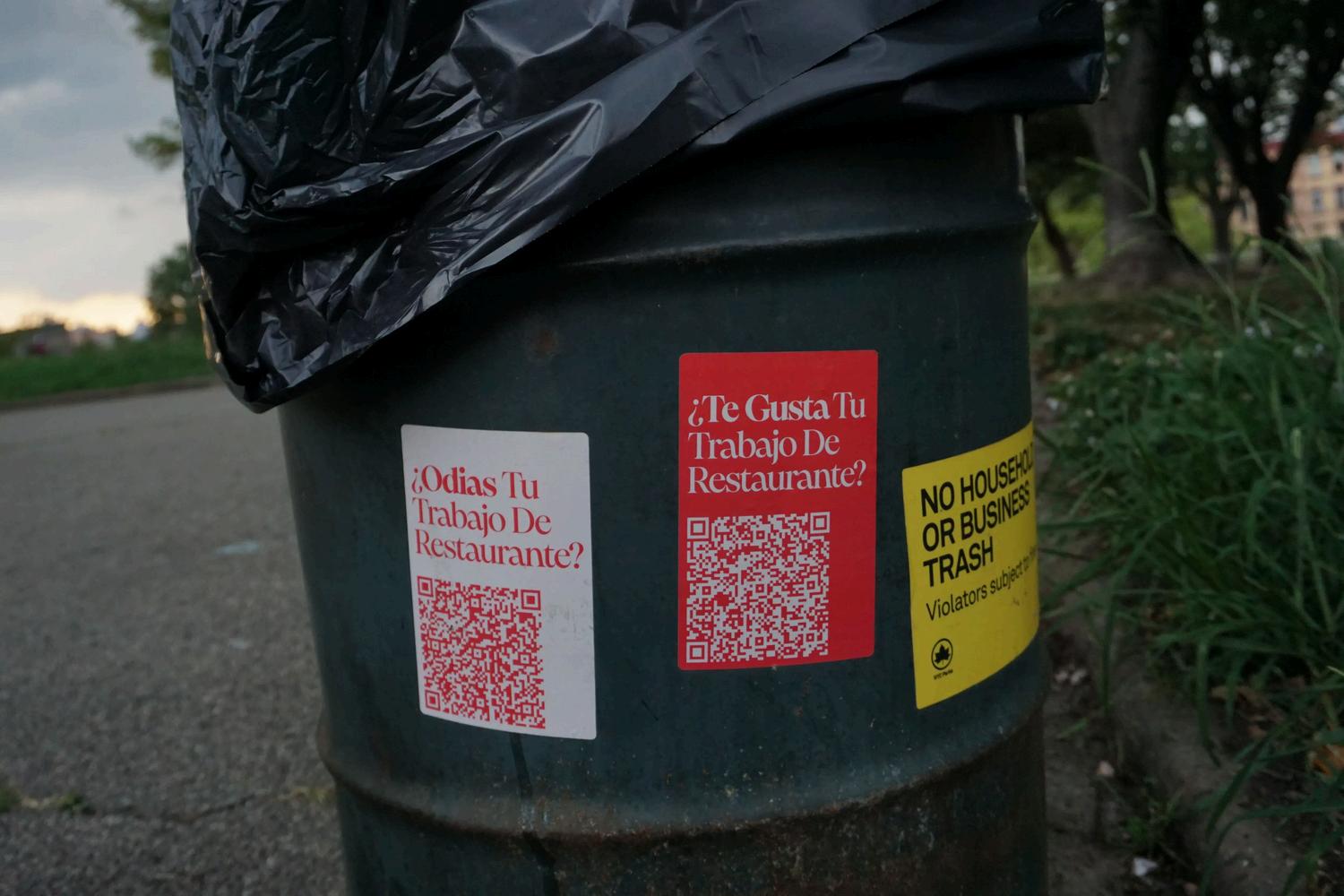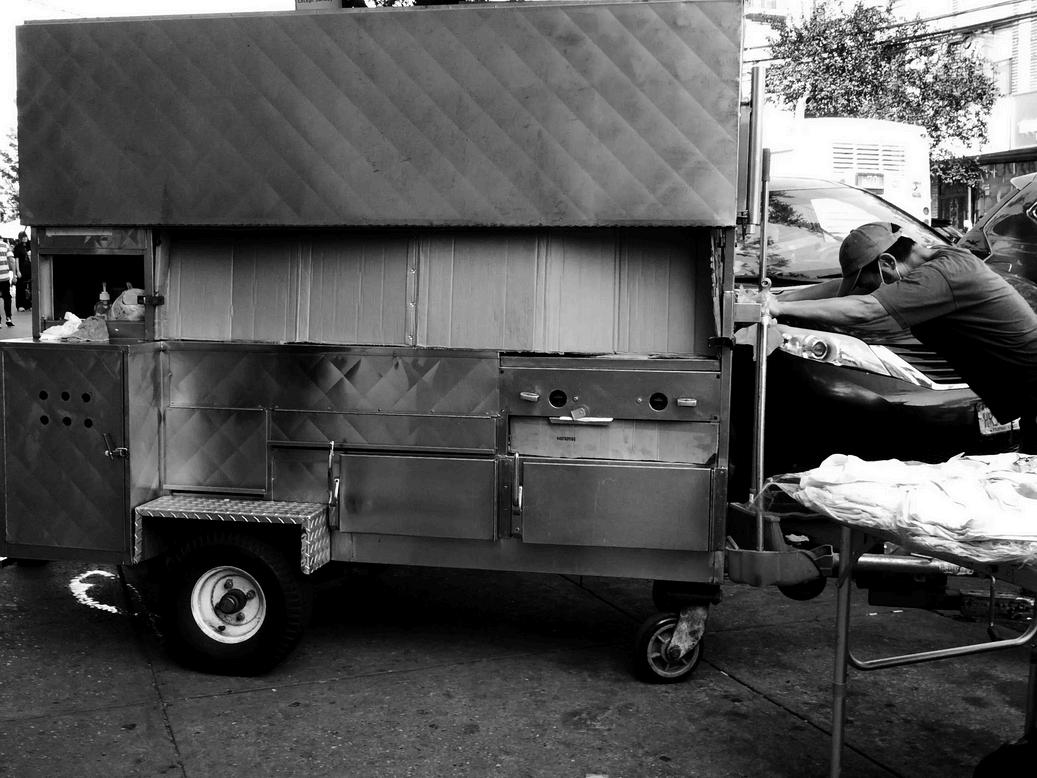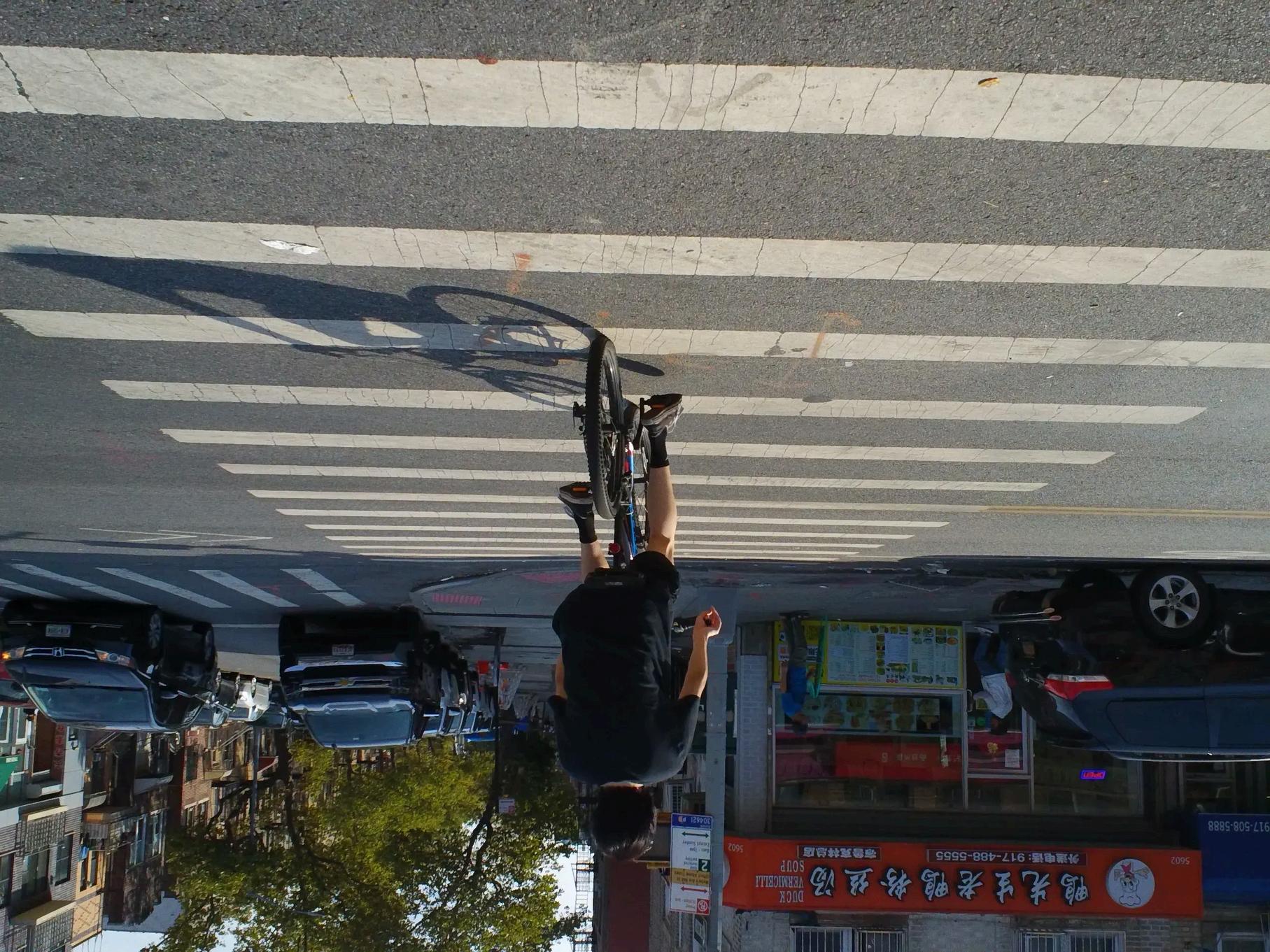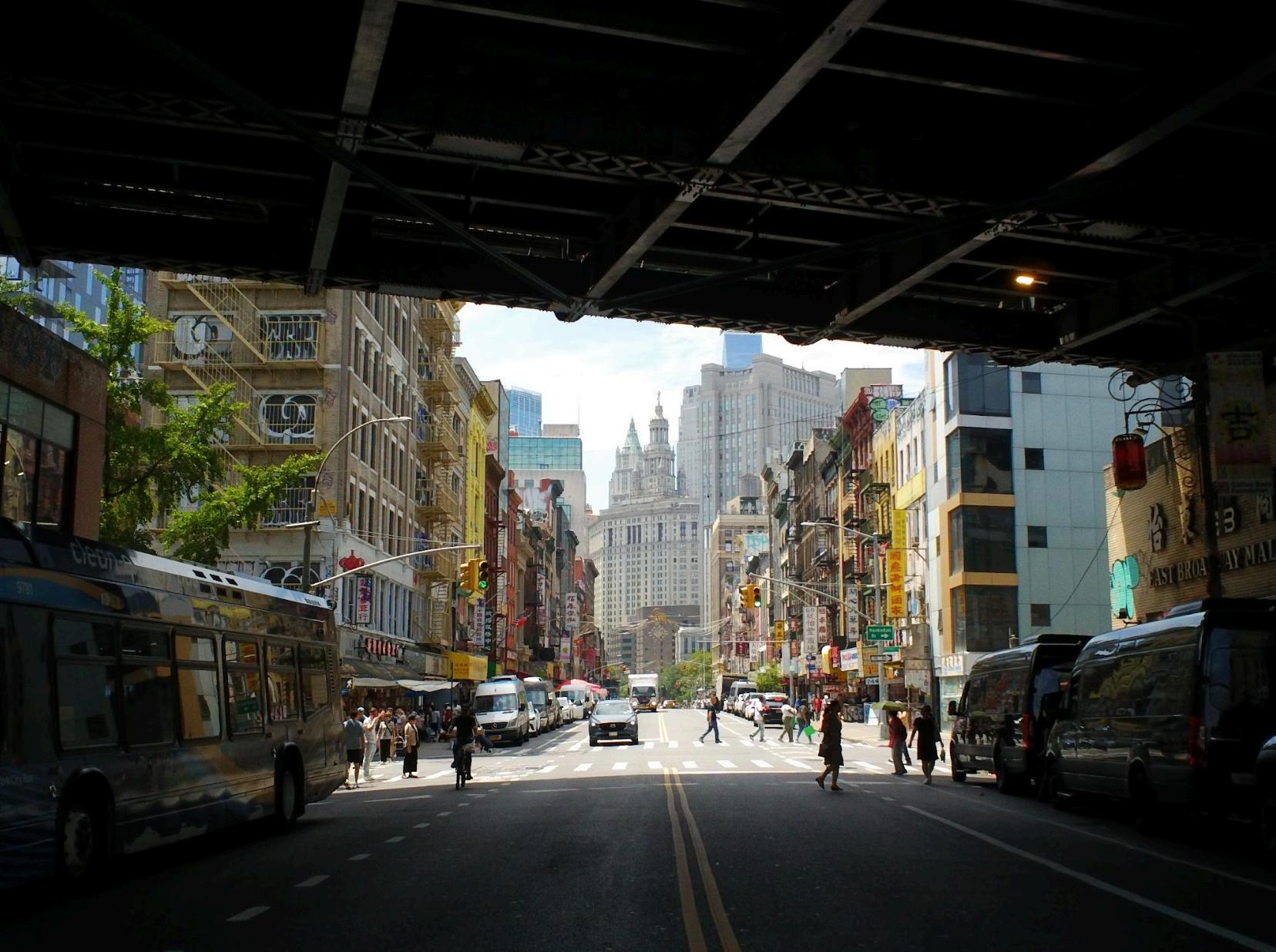
For the restaurant and salon kids
This summer, I spent six weeks photographing the Fuzhounese and Chinese American community in New York City with the goal of rewriting the media narrative surrounding America’s most powerful yet least represented Chinese immigrant community
For me, understanding that I was Fuzhounese meant realizing, at thirteen years old, that the “accented” Mandarin my grandparents spoke, barely intelligible to my Mandarin teacher when I parroted their words, was an entirely different dialect. It meant becoming privy to a quiet network of other restaurant and salon kids, all of us perched on foldable metal stools or soy sauce buckets in the corners of our family businesses
Culture thus becomes not only a function of shared experience but one of shared meaning
Even with all this, there lies a baseline question: what does it mean to be Fuzhounese and why will my children want to be Fuzhounese? What do you tell a child born in America about Fujian? How do you convince them that being Fuzhounese is something to be proud of, something to protect? Being Chinese American is already hard enough, so why add another layer, another subtitle, to that struggle?
And yet, under this all lies a desire to understand, this longing to know, that ultimately reveals a deeper problem within the Fuzhounese diaspora: a lack of direction
As the second and third generations of Fuzhounese Chinese Americans enter higher education and professional life, we are at a pivotal moment The world of our parents and grandparents the kitchens with sizzling woks, the salons drenched in the stench of nail polish remover, the unspoken sacrifices, aromaless and soundless is beginning to fade, for better or for worse. Without a conscious effort to document and define our place in American life, we risk losing the language, the history, and the identity that gave us a unified character.
Ask any young Fuzhounese American if they can speak the dialect, and seven times out of ten they’ll say, “I understand it fully, I just can’t speak it at all ” That loss of tongue is more than linguistic: it’s cultural amnesia How many know what happened to the 300 undocumented Fuzhounese immigrants on the Golden Venture cargo ship that ran aground in Queens in 1993? How many know that that very boat, one of the principal artifacts of Fuzhounese immigration to America, was auctioned off in 2000 for $60,000? Tell me, who will save this story if the pieces have already been lost?
This project, for me, has been an act of preservation, an attempt to demand that our history be seen as valuable, as worthy of remembering and studying Through these photographs, I hope to capture the vibrancy of present-day Chinatown (both Brooklyn and Manhattan), one free of the narratives of Fuzhounese criminality and illegality One step closer to translating between memory and identity, between Fujian and America Fuzhounese-American
Fuzhoumerican




